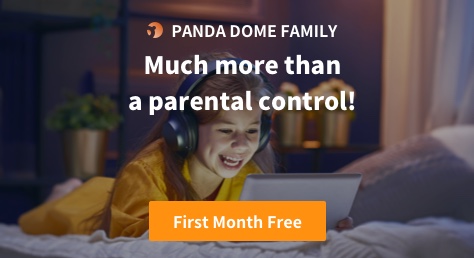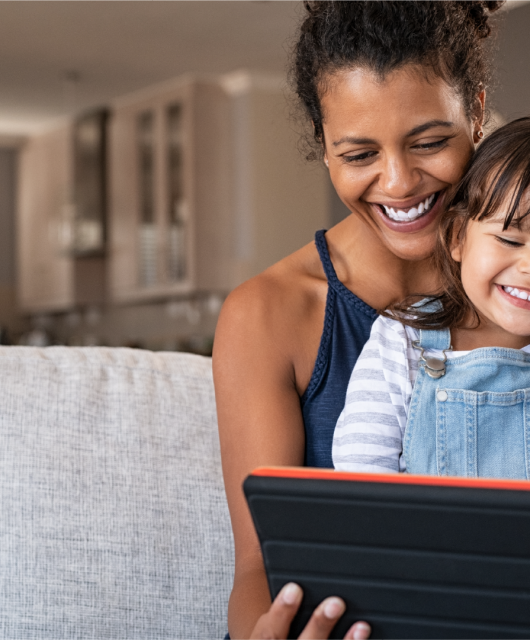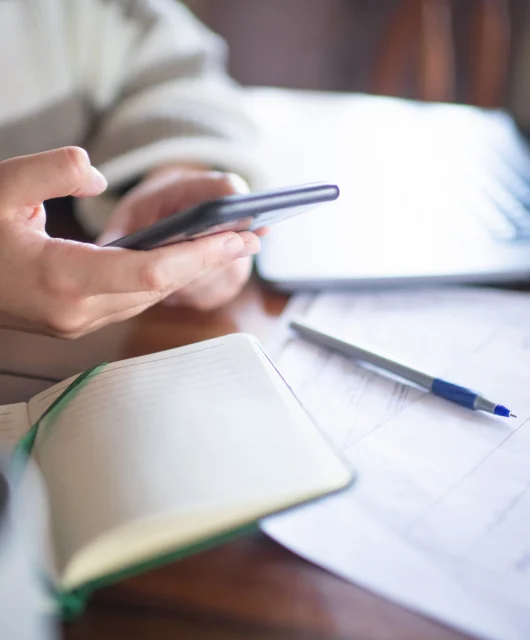Smartphones have changed the world by making it much easier to stay in touch with friends and work. But this convenience may come at a cost if the results of a new UK survey are correct.
Manufacturer OnePlus found that one in four UK adults have trouble sleeping because they spend too long on their phones before bed. The blue light emitted by electronic screens is similar to light from the sun, and is believed to alter chemicals in the brain. If your brain thinks it is still sunny, it does not prepare you for sleep – which is why so many people cannot go to sleep.
Lisa Artis, head of The Sleep Council, explained how the problem Is caused;
“Blue light inhibits sleep because the short wavelength stimulates sensors in the eyes to send signals to your brain’s internal clock, tricking it into thinking it’s daytime. Blue light is beneficial in daylight hours as it boosts mood, reaction times and concentration but in the evening, the recommendation is to avoid screen time for an hour before bedtime to help increase melatonin levels.”
An even bigger problem for young people
The issue of poor sleeping is even worse for young people. 86% of people aged between 15 and 34 take their phones to bed with them each evening, exposing them to even more blue light. And 15% of these millennials admit to using their phones between 11pm and 3am.
OnePlus estimate that as many as 12 million people in the UK may be having smartphone-related sleeping problems.
No easy fixes?
Another study once found that people spend more than 3.5 hours on their phones every day. For some the smartphone has gone from being a useful tool, to a major addiction.
When smartphone use goes from habit to addiction, it becomes even harder to change behaviour – which is particularly concerning for parents. Stopping an addiction developing is much more preferable than trying to beat one later on.
Which is why Panda Dome includes parental controls. Using our tools parents can monitor the apps their kids are using, and how long they are spending on their phones each day. This then allows them to have discussions about safe, sensible smartphone usage with their children.
Panda Dome also offers functions that allow parents to set time limits on device usage. If you want your kids to go to bed – and sleep – you can set a limit that prevents phone use at night. This means they wont be kept awake by blue light, and they won’t be disturbed by friends messaging them in the middle of the night.
Helping your kids get a good night’s sleep may be one of the best things you can do for them. To learn more about Panda Dome and parental controls, download a free trial today.









2 comments
“86% of people aged between 15 and 34 take their phones to bed with them each evening, exposing them to even more blue light. And 15% of these millennials admit to using their phones between 11pm and 3am.”
A 15-year-old kid is Gen Z, NOT a millennial! You didn’t have to use the word “millennials” to get your point across. It’s inclusion is unnecessary, unless you were trying to convey your dislike towards millennials.
What’s even more baffling is that your article promotes a product meant to protect kids — a.k.a. more Gen Z. So why pick on millennials?!
Also… the intro focuses on blue light and says nothing about blue light filters. I have a mid-range four-year-old phone and it has a blue light filter.
This was very bad it had insurgents all up in my life changing my settings and fake apps looked to me as they took over everything